COPENHAGEN, Denmark: Erosive tooth wear (ETW) is of growing concern to dental professionals and therefore the subject of extensive research. A survey has now investigated how knowledgeable Danish dental professionals are about the problem and how they would potentially treat such cases.
In order to conduct the survey, a team at the University of Copenhagen sent validated questionnaires electronically to all active members of the Danish Dental Association and the Association of Public Health Dentists in Denmark. The first part of the questionnaire concerned scoring and record-keeping, and knowledge and experience of ETW. The second part presented two patients with different severity of erosive lesions in order to explore the dentist’s preventive and restorative treatment decisions.
In an interview with Dental Tribune International, Dr Diana Mortensen, senior clinical instructor at the University of Copenhagen, explained the incentive behind the research: “In light of the increasing awareness of ETW, we wanted to evaluate general knowledge, opinions and clinical decision‐making among dentists. Similar studies from Iceland and Norway indicated that dentists generally are well educated with respect to diagnosis and treatment and we were interested to see whether this was also the case with Danish dentists.”
According to Mortensen, it was very difficult to get a sufficient response rate and that the EU General Data Protection Regulation posed a great challenge. “It was not possible to send the questionnaire directly to all dentists in Denmark. Consequently, the majority of the dentists might not have noticed the questionnaire link in a regular newsletter via the domestic dental associations, and reminders could not be personalised to non‐responders.”
Out of 4,490 potentially eligible dentists in Denmark, 442 participated in the survey. Nearly all the respondents (97%) registered ETW in the charts and 49% recorded the patients’ diet history “always” or “often”, most commonly with the aid of interviews. The respondents perceived the prevalence of ETW to be higher today than ten to 15 years ago and male patients (15–25 years of age) appeared more affected than females. The majority (82%) thought that they usually identified the probable cause of the condition, and the consumption of carbonated beverages was considered the most common contributing factor. The treatment included dietary guidance, soft toothbrushing with non‐abrasive fluoride toothpaste, topical fluoride applications and direct composite restorations.
“If more dentists use scoring systems […] it will be easier to measure the progress of the ETW”
The results showed that, whereas the majority of Danish dentists adopted a minimally invasive approach for the management of ETW, there was room for improvement in diagnosis, clinical scoring and case documentation.
Finally, Mortensen explained why clinical scoring is important and how dentists can achieve this. “If more dentists use scoring systems on tooth level supplemented with clinical photos, cast study models or digital scanning systems, it will be easier to measure the progress of the ETW and thereby evaluate, for example, the individual effect of prophylactic treatment advice,” she said.
The study, titled “Awareness, knowledge and treatment decisions for erosive tooth wear: A case‐based questionnaire among Danish dentists”, was published online on 30 October 2020 in Clinical and Experimental Dental Research, ahead of inclusion in an issue.
Tags:
BUDAPEST, Hungary: The use of additive manufacturing in dentistry is widespread in dental markets; however, there is a lack of information about the ...
AMMAN, Jordan: The rite of passage through university education into the professional world is one that for many students is fraught with tension. ...
AL-HOFUF, Saudi Arabia: COVID-19 has not only impeded access to healthcare, but also caused fear and anxiety among healthcare workers. After conducting a ...
SHEFFIELD, UK: In a first-of-its-kind study, researchers from the University of Sheffield have investigated patients’ emotional challenges in being ...
RIZE, Turkey: According to the American Cancer Society, 58,450 new oropharyngeal cancer cases and 12,230 deaths are expected in the US alone in 2024. The ...
OSLO, Norway: The widespread availability of vaccines in developed nations has significantly changed the risk of dentists contracting SARS-CoV-2 in a ...
SYDNEY, Australia: Research shows that facial attractiveness can significantly influence social decisions, including those related to dating, recruitment ...
AACHEN, Germany: Dental care is vital for well-being and overall health but is sometimes neglected because of certain barriers to accessing dental services....
OSLO, Norway/HELSINKI, Finland: Stainless steel crowns are recommended for restorative treatment in young patients with teeth severely affected by caries, ...
SASKATOON, Saskatchewan, Canada: Researchers from the University of Saskatchewan (USask) in Saskatoon are currently working on two large projects that have ...
Live webinar
Wed. 25 February 2026
8:00 pm EST (New York)
Live webinar
Tue. 3 March 2026
11:00 am EST (New York)
Dr. Omar Lugo Cirujano Maxilofacial
Live webinar
Tue. 3 March 2026
8:00 pm EST (New York)
Dr. Vasiliki Maseli DDS, MS, EdM
Live webinar
Wed. 4 March 2026
12:00 pm EST (New York)
Munther Sulieman LDS RCS (Eng) BDS (Lond) MSc PhD
Live webinar
Wed. 4 March 2026
1:00 pm EST (New York)
Live webinar
Fri. 6 March 2026
3:00 am EST (New York)
Live webinar
Tue. 10 March 2026
4:00 am EST (New York)
Assoc. Prof. Aaron Davis, Prof. Sarah Baker



 Austria / Österreich
Austria / Österreich
 Bosnia and Herzegovina / Босна и Херцеговина
Bosnia and Herzegovina / Босна и Херцеговина
 Bulgaria / България
Bulgaria / България
 Croatia / Hrvatska
Croatia / Hrvatska
 Czech Republic & Slovakia / Česká republika & Slovensko
Czech Republic & Slovakia / Česká republika & Slovensko
 France / France
France / France
 Germany / Deutschland
Germany / Deutschland
 Greece / ΕΛΛΑΔΑ
Greece / ΕΛΛΑΔΑ
 Hungary / Hungary
Hungary / Hungary
 Italy / Italia
Italy / Italia
 Netherlands / Nederland
Netherlands / Nederland
 Nordic / Nordic
Nordic / Nordic
 Poland / Polska
Poland / Polska
 Portugal / Portugal
Portugal / Portugal
 Romania & Moldova / România & Moldova
Romania & Moldova / România & Moldova
 Slovenia / Slovenija
Slovenia / Slovenija
 Serbia & Montenegro / Србија и Црна Гора
Serbia & Montenegro / Србија и Црна Гора
 Spain / España
Spain / España
 Switzerland / Schweiz
Switzerland / Schweiz
 Turkey / Türkiye
Turkey / Türkiye
 UK & Ireland / UK & Ireland
UK & Ireland / UK & Ireland
 Brazil / Brasil
Brazil / Brasil
 Canada / Canada
Canada / Canada
 Latin America / Latinoamérica
Latin America / Latinoamérica
 USA / USA
USA / USA
 China / 中国
China / 中国
 India / भारत गणराज्य
India / भारत गणराज्य
 Pakistan / Pākistān
Pakistan / Pākistān
 Vietnam / Việt Nam
Vietnam / Việt Nam
 ASEAN / ASEAN
ASEAN / ASEAN
 Israel / מְדִינַת יִשְׂרָאֵל
Israel / מְדִינַת יִשְׂרָאֵל
 Algeria, Morocco & Tunisia / الجزائر والمغرب وتونس
Algeria, Morocco & Tunisia / الجزائر والمغرب وتونس
 Middle East / Middle East
Middle East / Middle East




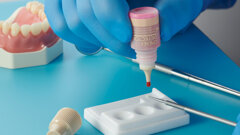
















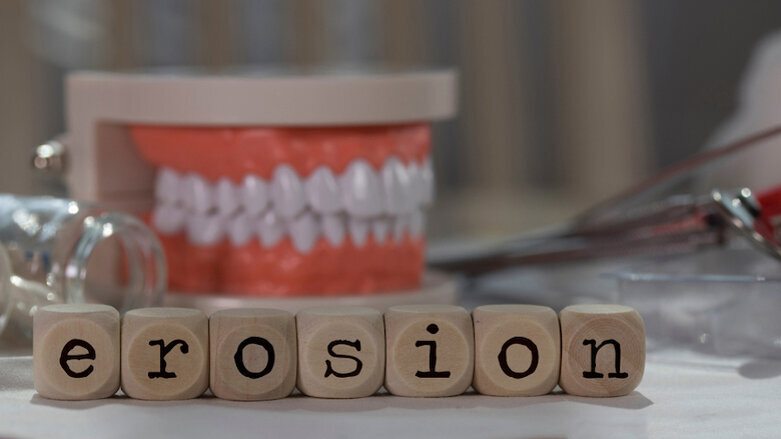





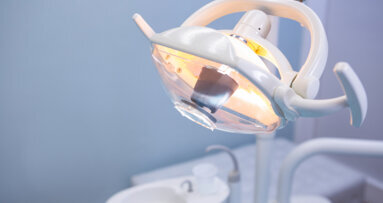
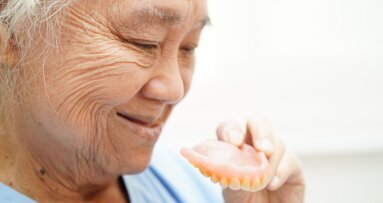
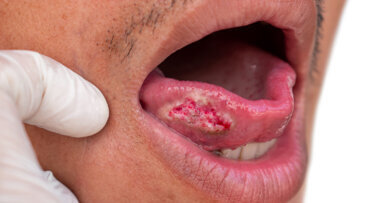
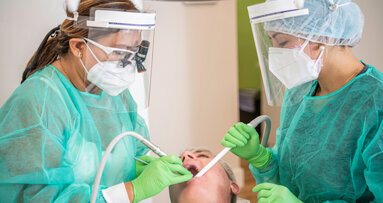



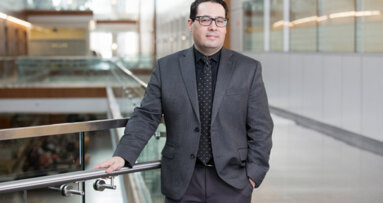










To post a reply please login or register